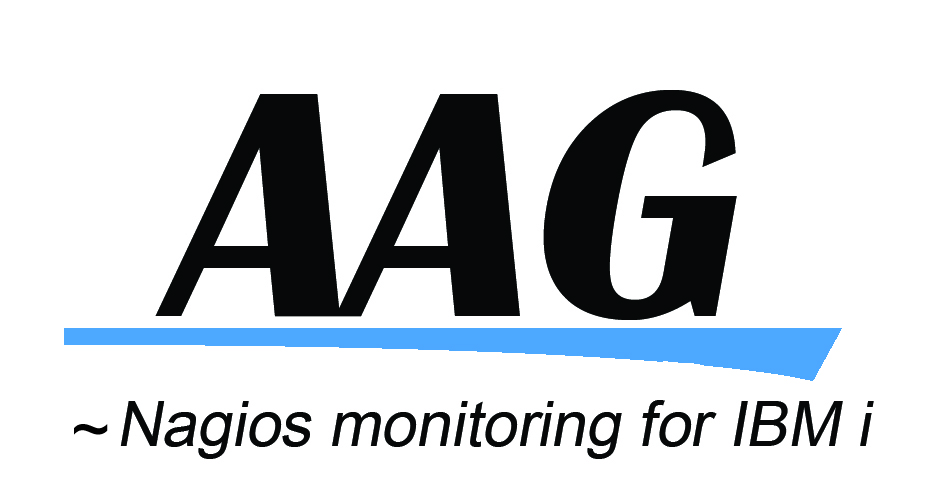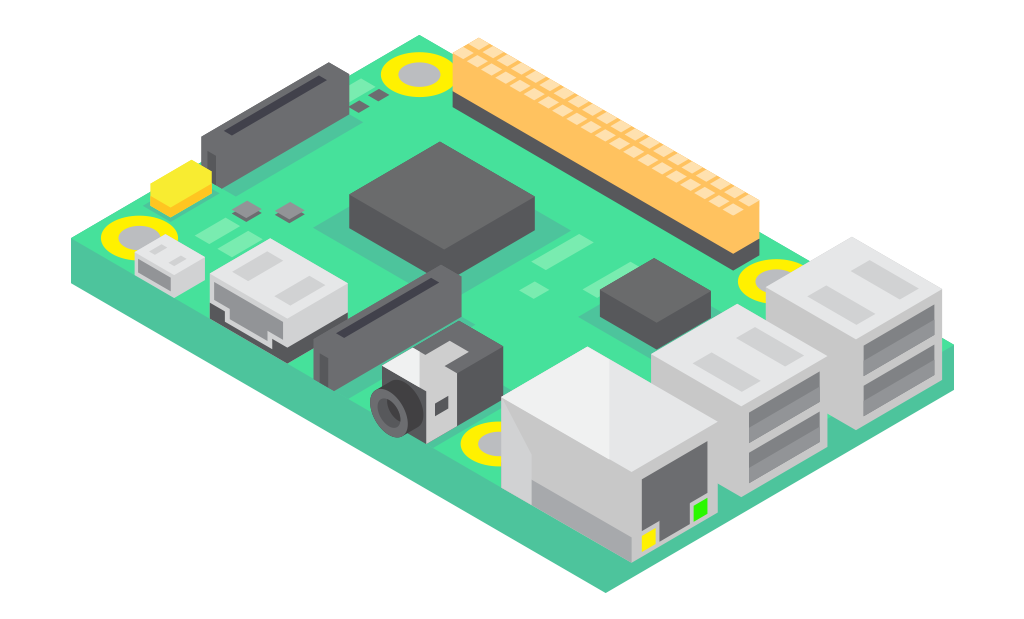This set of commands are Shield's general use commands. Using these checks a user is able to monitor general values on an IBM i.
| check_Shield_KEYEXP | Number of days until a LPP license key expires. |
| check_Shield_SBSSRCH | Number of jobs running in a specified subsystem, with a *MSGW status. |
| check_Shield_JOBSRCH | Number of jobs that are running matching specified search criteria. |
| check_Shield_RPYW | Number of messages awaiting a reply in a specific message queue. |
| check_Shield_DSBPRF | Number of profiles that are in a disabled state. |
| check_Shield_SBSJOB | Number of active jobs for a given subsystem. |
| check_Shield_JOBQ | Number of jobs on a specified job queue. |
| check_Shield_RCVR | Quantity and total size of the receivers in a specified Library. |
| check_Shield_CACHEBAT | Cache battery state and quantity. |
| check_Shield_UPDLVL | Returns the information about an installed shield product. Displays PTF level, latest updates and maintenance expiry. |
| check_Shield_PRDSYNC | Ensures AAG and NG4i are in-sync after updates. |
| check_Shield_APTUPD | Returns information about possible apt updates for linux distro. Run this command against localhost of Nagios. |
| check_Shield_PTF | Returns PTF levels for OS. If a PTF is not up to date, both latest and installed levels are displayed. |
| check_Shield_JOBSCDE | Checks the status of a job schedule entry. Returns success state and time of last / next submission. |
| check_Shield_SSLCERT | Returns number of SSL Certificates expiring in the next x days is set in configs. |
| check_Shield_DSKSTS | Displays number of disks reported / configured and any disk errors. |
| check_Shield_UPTIME | Returns the number of Min since last IPL. |
| check_Shield_SYSVAL | Compares returned system value against a passed in parameter. |
| check_Shield_SECUPD | Returns security bulletins from IBM since a specified date. |
| check_Shield_AUTUPD | Can be configured to automatically update AAG OR notify users when an update is available for AAG. |
| check_Shield_RCVRBKLG | Returns a specified journal receiver backlog and estimated number of minutes to clear. |
| check_Shield_PING | Returns ping response time between IBM i and another address. |
| check_Shield_OSLVL | Returns current OS level on IBM i. |
| check_Shield_ASPSTS | Returns current status of passed ASP. |
| check_Shield_ASPAVL | Returns disk space available on passed ASP. |
| check_Shield_ASPMIR | Returns current mirror status of passed ASP. |
| check_Shield_ASPLIFE | Percentage of life remaining for NVMe drives in passed ASP. |
| check_Shield_ASPDSK | Returns Disk status for passed ASP. |
| check_Shield_ASPOVRFLW | Amount of overflow storage for passed ASP. |
| check_Shield_ASPGEOSTS | Geographic mirror data status. |
| check_Shield_DMGOBJ | Number of damaged objects in a library. |
| check_Shield_DEVSTS | Returns device status. |
| check_Shield_TOPINTTRANS | Top x jobs by interactive transactions. |
| check_Shield_TOPINTRS | Top x jobs by interactive response time. |
| check_Shield_TOPCPUTIME | Top x jobs by CPU time(ms). |
| check_Shield_TOPCPU | Top x jobs by CPU(%). |
| check_Shield_TOPDSKIO | Top x jobs by disk I/O. |
| check_Shield_JOBCPU | Returns the information about jobs that match the entered parameters specific to the CPU used and the runtime. |
| check_Shield_JOBSTG | Returns the information about jobs that match the entered parameters specific to the QTEMP size and the temporary storage used. |
| check_Shield_DQECOUNT | Returns number of data queue entries. |
| check_Shield_LIBSIZE | Returns library size. |
| check_Shield_WRKPRB | Problems on the IBM i returned by WRKPRB. |
| check_Shield_OUTQC | Returns spoolfile count on an out queue. |
| check_Shield_SSTP | Returns Status, Password Expiry or Password expiry Date of a SST Profile. |
| AAG_Shield_IFSCOUNT | Returns Streamfile, Directory, Symbolic Link, and Inaccessible Object counts in an IFS location. |
| AAG_Shield_IFSSIZE | Returns Size, number of Objects and number of Directories in an IFS location. |
| AAG_Shield_LPPSTS | Returns current status of an LPP. |
| check_Shield_JOBESTS | Returns job END Status. Uses search criteria to pull single or multiple jobs. |
| check_Shield_PORTCONN | Returns connected users on a specified port. |
| check_Shield_PGMEXP | Returns Program exit point registered status. |
| check_Shield_QHST | Returns messages on QHST. |
| check_Shield_JOBFUNC | Returns jobs running specified function. |
| check_Shield_JOBSBSSTS | Returns jobs with specific status in subsystem. |
| check_Shield_FMWR | Returns system firmware level and if there are updates available. |
| check_Shield_USRCLS | Returns list of user profiles by user class. |
| check_Shield_SPCAUTH | Returns list of user profiles by Special Authority. |
| check_Shield_CPURESET | CPU usage with reset flag. |
| check_Shield_STLUSR | Returns count and list of Stale Users. |
| check_Shield_UPFFL | Returns count of failed loggins for user profile. |
| check_Shield_UPFSTS | User profile Status. |
| check_Shield_UPFPWDE | Days until password expiry for a user profile. |
| check_Shield_UPFCLS | User profile class. |
| check_Shield_UPFSA | User profile special authorities. |
| check_Shield_UPFSTG | Storage used by a user profile. |
| check_Shield_UPFEXP | User Profile Expiry Date. |
| check_Shield_MSGSEV | Messages in the last x min filterd by Severity. |
| check_Shield_JOBSCDE2 | JOBSCDE Status with additional details compared to check_Shield_JOBSCDE. |
| check_Shield_IFSSTR | Search for SubString within an IFS file. |
| check_Shield_DTAASTR | Search for SubString within a Data Area. |
| *NEW check_Shield_DSKCHG | Returns % of change in used disk space since last check. |
| *NEW check_Shield_JOBRUNTME | Returns all jobs on a subsystem with runtime above requested value. |



